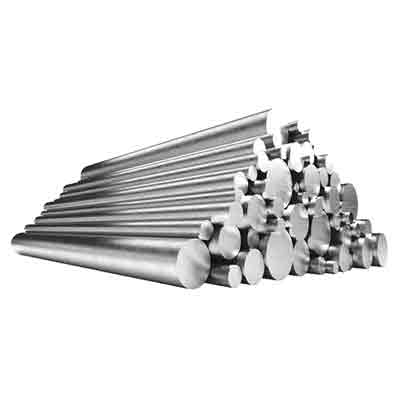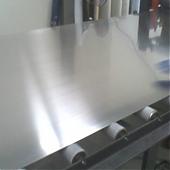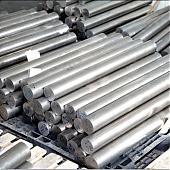High nickel alloy steel

High nickel alloy steel refers to non-ferrous alloys primarily based on nickel, enhanced with various other elements to improve their properties.
Classification and Applications of High Nickel Alloy Steel
Nickel-Based Superalloys:
Main Alloy Elements: Chromium, tungsten, molybdenum, cobalt, aluminum, titanium, boron, zirconium, etc.
Properties: Chromium provides oxidation and corrosion resistance, while other elements contribute to strengthening the alloy. These superalloys exhibit high strength, oxidation resistance, and gas corrosion resistance at temperatures between 650°C and 1000°C. They are among the most widely used high-temperature alloys due to their superior performance.
Applications: Commonly used for high-temperature components such as aircraft engine blades, rocket engines, nuclear reactors, and energy conversion devices.
Nickel-Based Corrosion-Resistant Alloys:
Main Alloy Elements: Copper, chromium, molybdenum.
Properties: These alloys offer excellent resistance to various types of acid and stress corrosion. Nickel-copper alloys, also known as Monel alloys, were among the first to be developed. Other variations include chromium-nickel alloys, nickel-molybdenum alloys, and nickel-chromium-molybdenum alloys.
Applications: Used for manufacturing parts that require resistance to corrosion in various environments.
Nickel-Based Alloys:
Main Alloy Elements: Chromium, molybdenum, tungsten, with small amounts of niobium, tantalum, and indium.
Properties: These alloys are known for their wear resistance, oxidation resistance, corrosion resistance, and weldability. They can be used to manufacture wear-resistant parts and as coating materials through overlay welding and spraying processes.
Applications: Suitable for parts requiring high wear resistance and as coatings for other materials.
Nickel-Based Precision Alloys:
Types: Includes nickel-based soft magnetic alloys, precision resistance alloys, and electrical alloys.
Properties:
Soft Magnetic Alloys: For example, the 80% nickel-boron-molybdenum alloy offers high permeability and low coercivity, making it essential for electronic components.
Precision Resistance Alloys: Composed of chromium, aluminum, and copper, these alloys have high resistivity, a low temperature coefficient of resistivity, and good corrosion resistance, making them suitable for resistors.
Electrical Alloys: Typically a 20% chromium-nickel alloy, known for its good oxidation and corrosion resistance, and suitable for use at temperatures between 1000°C and 1100°C.
Applications: Used in electronic components, resistors, and high-temperature applications.
Nickel-Based Shape Memory Alloys:
Main Alloy: Titanium alloy with 50% nickel.
Properties: These alloys have a resetting temperature of around 70°C and exhibit effective shape memory properties. Adjusting the nickel-titanium ratio can change the resetting temperature within the range of 30°C to 100°C.
Applications: Utilized in automatic opening mechanisms for aircraft, aerospace fasteners, and biomedical devices such as artificial heart motors.
This revised version improves clarity and accuracy, aligning with standard technical descriptions and usage.
Related Products

Factory Introduction
Cold-Rolled vs. Hot-Rolled Stainless Steel Sheets
Jaway Steel: Your Premier Partner for Premium Stainless Steel Products